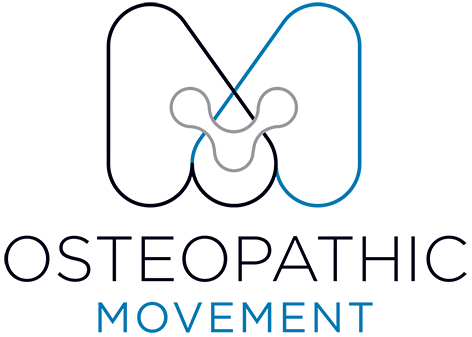Fasting
Fasting Explained: How Strategic Meal Timing Can Improve Health and Longevity
(Disclaimer: If you have Type 1 diabetes or any other significant medical condition, consult your doctor before attempting fasting.)
Fasting is not starvation — it’s a voluntary, time-limited pause from eating designed to give your body a physiological reset. It has been practiced for thousands of years, both for religious and health purposes, and modern research continues to highlight its potential benefits for weight management, inflammation, energy, and longevity.
Fasting vs. Starving – What’s the Difference?
Fasting is a conscious, temporary break from food intake to promote metabolic and cellular benefits. You can end a fast at any time, and it’s most effective when structured safely around your daily routine.
Starvation, on the other hand, is the involuntary lack of food leading to malnourishment over time. Most people have easy access to food — sometimes too easy — and this constant availability can work against our body’s natural rhythm of eating and resting.
Why Fasting Is Gaining Popularity
In an age of widespread obesity, cardiovascular disease, and rising rates of cancer and Alzheimer’s, fasting has re-emerged as a powerful health optimisation strategy.
When done correctly, fasting can support:
Fat loss and improved body composition
Better blood sugar control, lowering risk of Type 2 diabetes
Reduced systemic inflammation
Protection against neurodegenerative diseases like Alzheimer’s
Improved gut health and digestion
Cellular repair (autophagy) and longevity enhancement
Common Types of Fasting
There are many ways to fast, depending on your goals and experience level:
Water-only fasts – consuming only water for a set period.
Zero-calorie beverage fasts – allows black coffee and tea.
Fat-only fasts – permits healthy fats like MCT or coconut oil but avoids carbohydrates and protein.
Time-restricted eating (Intermittent fasting) – eating within an 8-hour window (e.g. 12 pm–8 pm).
For beginners, intermittent fasting is an easy place to start. It allows your digestive system to rest daily, supports blood sugar balance, and may improve sleep and energy stability.
The Role of Ketosis
When you fast, your body transitions from burning glucose for energy to burning fat — a state called ketosis. Becoming “fat-adapted” takes time, but frequent exposure makes the process smoother.
You can support this transition by:
Including MCT oil or ketone supplements during early fasting days.
Eating a low-carbohydrate meal before starting a fast to encourage fat metabolism.
Staying hydrated and maintaining electrolytes (a pinch of sea salt in water works well).
These steps help your body become more metabolically flexible — better able to switch between energy sources.
Sample 24-Hour Fast Protocol
Evening (6 pm) – Eat a low-carbohydrate, nutrient-dense dinner.
Morning (8 am) – Have a black coffee with 1 tsp–1 tbsp of MCT oil.
During the day – Drink plenty of water (around 3 L) and add a small amount of salt to maintain electrolyte balance.
Exercise – Keep intensity light to moderate; consider magnesium supplementation to prevent cramping.
Many people find a 24-hour fast easier than expected, especially when planned on a lower-stress day. Hunger typically fluctuates and passes — distraction, hydration, and light activity can make it easier to maintain.
The Myth of “Low Blood Sugar”
The idea that skipping meals will make you weak or cause dangerous blood sugar drops is largely a myth. Unless you have a specific medical condition, your body is highly capable of maintaining stable glucose levels during fasting by producing what it needs from stored sources.
Occasional fasting can, in fact, improve metabolic efficiency, helping you feel more energetic and focused between meals.
A Holistic View of Health
At Osteopathic Movement, we recognise that your body thrives when all aspects of health — nutrition, sleep, exercise, stress management, and physical alignment — work in harmony. Fasting, when used appropriately, can complement osteopathic care by improving inflammation control, recovery, and overall wellbeing.
If you’re interested in improving your energy, gut health, or overall vitality, our experienced South Yarra osteopaths can help you create a balanced approach to movement, nutrition, and recovery. Book an appointment online or contact us to learn how osteopathy supports whole-body health.
Written By Dr. Dayne Sweres (B.AppSci(CompMed), M.Osteo)
